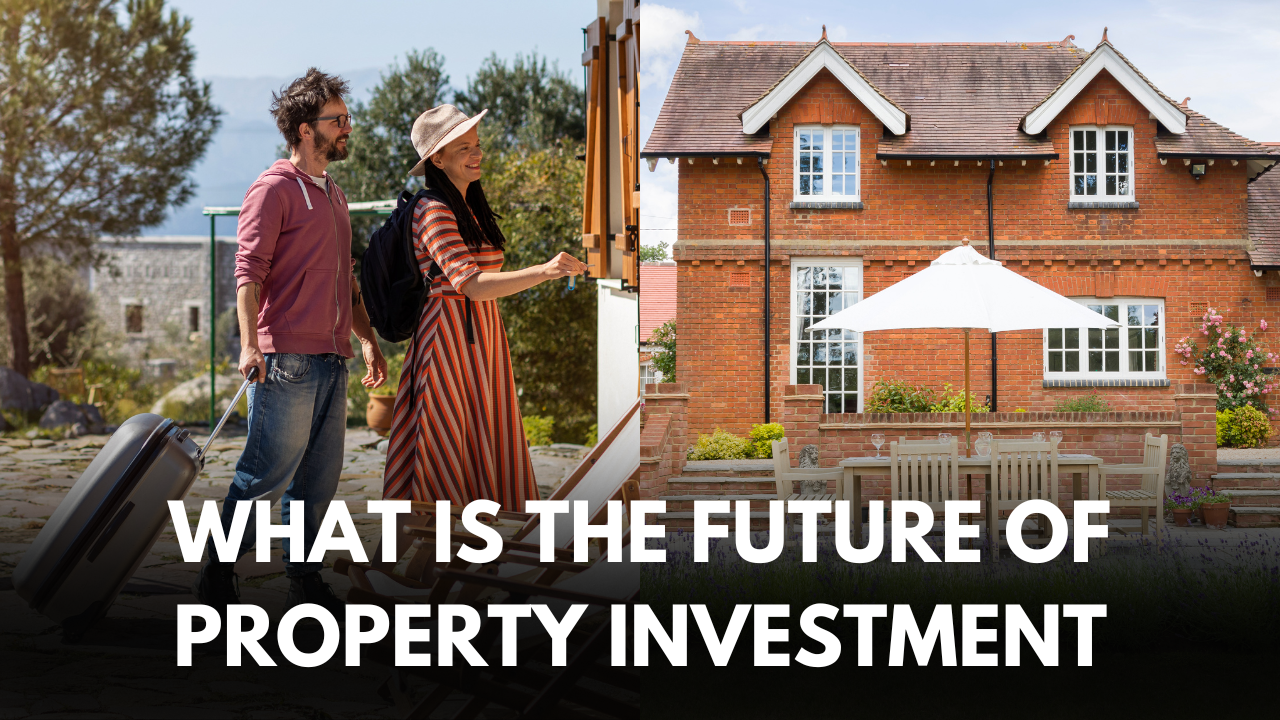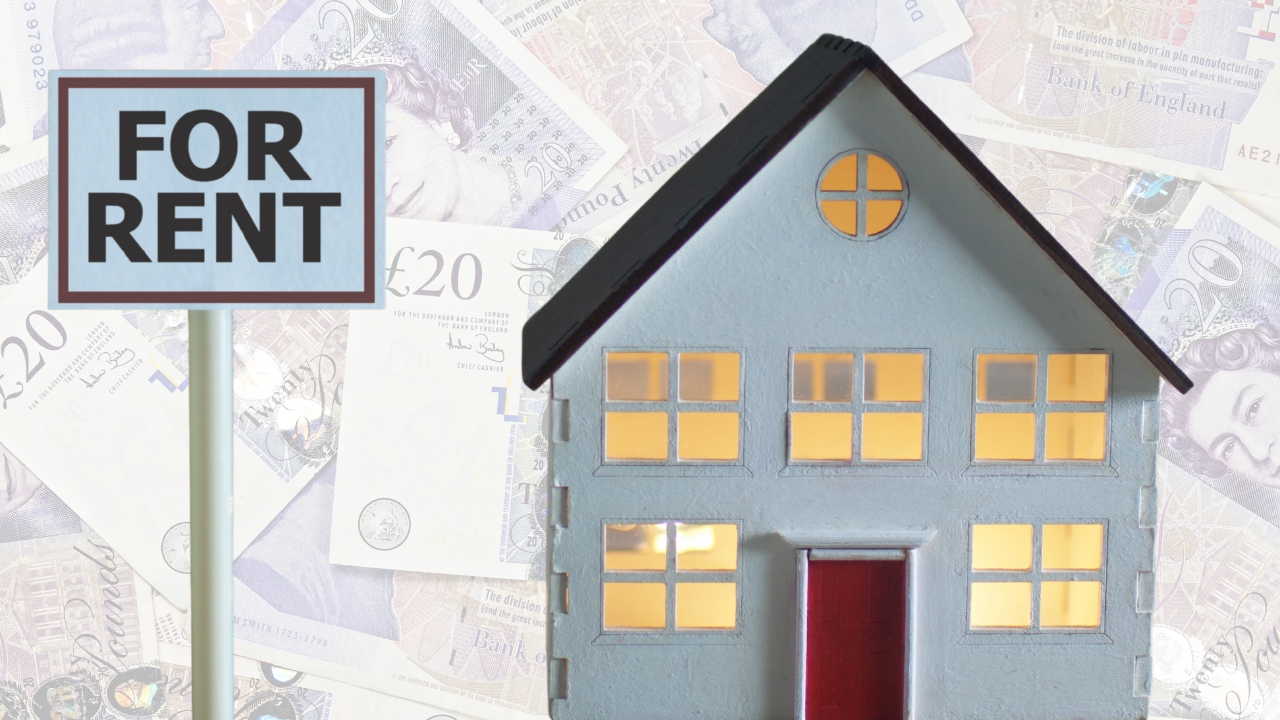Finance For Commercial Premises

THE QUESTION
We are looking at a large fish and chip shop, rented out at £750 pcm, with about 10 years left on the lease. The building also has two large flats above the shop – both currently empty. Can you recommend a commercial mortgage provider?
THE ANSWER
There is more than one way of approaching this.
Having 10 years left on the lease is good and will give you brownie points with commercial lenders. However, they won’t be happy with the 2 two empty flats. With commercial mortgages, lending is based on a multiple of the rent income - those two empty flats are going to hit what you can borrow.
This means you’ll need to put in a way bigger deposit than you would if they were tenanted and contributing to the rental income. To the point where you may struggle to come up with enough cash to get the deal over line - unless you are flush with cash.
Are these flats in a ready to rent condition? If so, could you line up tenants and get their ASTs...
How to finance a new build

There are self-build mortgages, but these aren’t available when you’re building a property for sale or rent. These are considered to be commercial developments and are financed in a specific way.
The major banks pulled out when the credit crunch hit, with disastrous consequences for many of their borrowers. They've never really got back into this area of lending again. However, the gap has been filled by small, specifically focused lenders who typically offer this type of finance and nothing else, although a few do offer bridging as well.
In order to deter all but the strongest propositions there are some significant hoops to jump through. These are:
- They require a high cash input from the borrower
- The borrower needs to have provable, relevant previous experience of a similar type of new build
If you don’t fulfil either or both of these requirements you’ll need to get creative about how you can meet them.
The Money
This is required...
The Leasehold Equation

When you’re investing in a leasehold property the number of years remaining on the lease is an issue for a number of reasons.
Mortgage lenders like to have a comfort zone of years left on the lease – usually somewhere between 30-55 years – on top of the mortgage period. As most people take out a 25 year mortgage, that means that 80 years plus on the lease may well keep your lender reasonably happy.
However, it is worth noting that some mortgage lenders will decline to lend once the lease ticks down below 85 years. As each year of the remining lease lessens, the choice of lenders diminishes still further. Once you get below 55 years – you’ll need to purchase by some other means (i.e. cash or bridging finance) as getting a mortgage will be nigh-on impossible.
What are your options with leaseholds below 80 years?
Avoid them like the plague!
OR see them as a profitable opportunity.
The challenge for owners of short leasehold properties is that their...
Profit is not just a waiting game

THE QUESTION
I plan to purchase four BTL properties over the next 12-18 months, with a value circa £200,000 each, all on 75% mortgages through my limited company.
Rental income for each will only be around £850 per month, less interest payments and maintenance cost net £500 - £600 max. I intend to leave the rental income in the company as taking it would push me into an unreasonable tax bracket.
Property prices in the area I live have doubled within the last 10 years, and will probably do the same over the next 10 years, so using that equation purchase price of 4 = £800,000
Potential value after 10 years = £1.6m
Would you work it differently?
THE ANSWER
Rental income of £850 on a £150k mortgage just about scrapes the required rent to borrow 75%, so it ticks that box.
If you just want 'minimal effort, sit back and let it happen' type of investing and four properties satisfies your landlord portfolio needs, then buying four...
Is serviced accommodation the future?

Airbnb has a lot to answer for. The concept of letting a property or even a room in a property to people who need an alternative to a hotel has become an opportunity for investors.
However, there are alternatives to getting rental income as well as serviced accommodation.
Homes of multiple occupancy
If your property is suitable and you know what it needs to get an HMO licence from your local authority, this can be a great way to make a good income. It’s a step beyond a shared house arrangement; most tenants in an HMO will expect locks on the doors to their rooms, an ensuite and at least a kettle – and maybe a microwave – in their rooms.
Clearly an HMO with four tenants is likely to make more income than a four bedroom house let to a single tenant. Getting a BTL mortgage for an HMO will probably require some expert advice from a specialist broker.
The plus is that tenants tend to be long-term, often people who are working a long way from home and...
Is build-to-rent a viable strategy?

THE QUESTION
I’ve been looking at developments, if I was to cash build let’s say a row of terraced houses, once built can I refinance at whatever LTV available, take the cash, and rent the properties out under the company?
I’m just looking at other avenues rather than the normal build and flip scenario. I’d like to know if there are any implications if I wanted to build properties with the sole purpose of refinancing and renting out.
THE ANSWER
Build to rent is an established concept, so getting finance to pull your cash out should be fairly straightforward.
You should be building to a minimum profit margin of 20% of GDV, but preferably more. You can finance at 75% of GDV - subject to the rental income being sufficient to borrow that loan to value.
One element that should add to your bottom line profit with build-to-rent is the standard of internal finish. If you are building to sell that quality has to be good enough to convince would-be buyers...
Are property sourcers bad news?

THE QUESTION
Are there any issues with lenders granting standard BTL mortgages on properties bought via sourcing agents? It’s been rumoured that some lenders would not lend in this situation or, at least, not at their most attractive rates. Is this true?
THE ANSWER
A bit of a history lesson will help you to understand mortgage lenders aversion to sourcers and, yes, a lot of lenders do have one.
Remember this about mortgage lenders - they trust the normal and distrust the abnormal. What is normal about the sale of a property is that it is marketed through an estate agent. Anything that is not, immediately puts the lender on their guard.
Much like an elephant, lenders have very long memories and they certainly haven’t forgotten getting royally stung in the pre-credit crunch era.
This was a time when 'property clubs' abounded, often linked to a training company, the most dubious of which was Inside Track. These guys offered an armchair investor option that sourced...
Time to quit the day job?

People get into property for a number of reasons. They may be looking to build a nest egg for their retirement, they may have a passion for property, they may just hate their day job and are looking for a way out.
If you have main employment and your property career is a part-time - evenings and weekends - activity, it can be tempting to see how quickly you can build your property portfolio to generate enough to live on. However, before you get excited about being a full-time property investor, take a step back and consider the additional challenges you’ll face.
Being able to throw off the shackles of an unrewarding and unfulfilling job may be right up at the top of your life goals list, and rightly there is a huge sense of achievement in bringing about such, but what if that means your portfolio expanding ambitions may have just ground to a halt? Having no other means of income can have an adverse effect on your ability to raise mortgages. Why? The last...
The 6 month rule

If you’re following the Buy - Refurb - Resell or Refinance strategy you are likely to come up against the so-called ‘6-month rule’. There is some confusion about what exactly this ‘rule is.
In truth there’s no such rule - it’s simply a practice that some lenders have adopted. The problem it creates is that those lenders will require you to have owned a property for six months before they will consider a remortgage - or, if you’re selling it, will be willing to offer a mortgage to your buyer.
If you’re doing a refurb with a view to refinancing onto a BTL mortgage then the simple solution is to get bridging finance for the first six months to cover the period of refurb and then refinance. However, it gets tougher when you’re planning to sell the property quickly.
Does this mean that you can’t sell it?
Not at all.
If you’re selling to investors or landlords, it’s less of a problem as they...
Property or the Stock Market?

THE QUESTION
Is it really worth the drama of owning a BTL and having 20% returns over 3 years when the Stock Exchange in my pension is Tax free and has higher returns?
Or the drama of searching for a property, conveyancing paperwork, Stamp Duty penalty, touch-up renovations, eye balling for a good tenant, regular maintenance, annual HMRC tax returns, the risk of rent arrears, re-mortgaging paperwork, Capital Gains Tax, the risk of tenants trashing up the place, dealing with lazy Estate Agents, dealing with calls from Estate Agent to approve repairs etc.
THE ANSWER
The obvious points you are missing is leverage and to a lesser extent downside risk, put simply –
- If you invest £100,000 in shares and you get a 20% increase - now your investment is worth £120,000.
- If you invest £100,000 in a property as a 25% deposit, a 75% mortgage allows you to borrow £300,000 enabling you to buy a £400,000 property. A 20% increase in a £400k...




